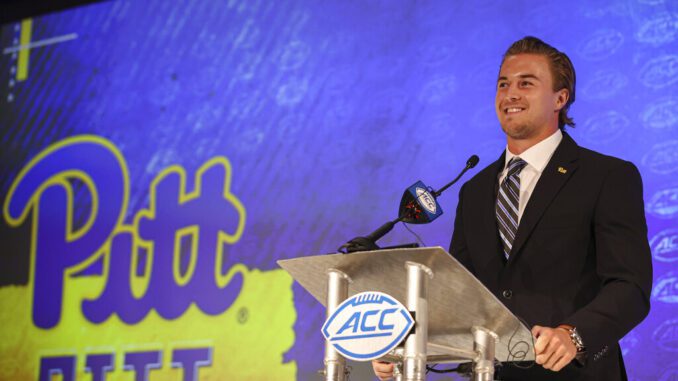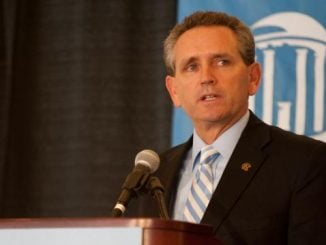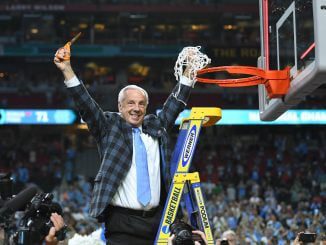
July began with a colossal boom for college athletes who are now allowed to profit off their name, image and likeness. NIL is a massive game changer that has crushed the amateurism model of the NCAA, as we will now see athletes from our favorite colleges and universities pushing brands and products on their Instagram, Twitter and TikTok platforms. For those like me who have been watching college football for a few decades, I’m sure many of us immediately thought of past gridiron stars who would have been racking up some serious cash if NIL had been passed in their time. My mind flashed back to the early 1980s, when I was in awe of UGA running back Herschel Walker. I met Walker when I was 11 at an Eckerd drug store in Athens, Georgia, and I shyly asked for his autograph. If NIL had been in place back then, my mother probably would have had to pay at least $20 for his prized signature and maybe another $5 if we had had a Polaroid on us to snap a photo. This was two years before Walker won the Heisman Trophy in 1982. I also thought about the money Eddie George and Orlando Pace would have made when they were Buckeye football stars during my graduate school years at Ohio State in the mid-1990s. George, who owns Eddie George’s Grille 27 in the John Glenn Columbus International Airport, no doubt could have inked a deal to be the face of a local sports bar, and Pace, the monster offensive tackle whose hallmark “pancake” blocks flattened defensive linemen, would have probably had a partnership with a resident IHOP.
In an October 2019 column, I expressed my reservations about California’s Fair Pay to Play Act, the legislation that jump-started NIL, stressing that it could cause division on teams and tempt athletes to chase money. However, since college sports is a multi-billion-dollar industry, I am genuinely happy that student athletes will be able to, as the old saying goes, “strike while the iron is hot” when it comes to establishing their NIL brands. Yet, I still have some concerns as an educator. On average, Division I student athletes spend at least 32 hours a week on their sport, which includes 42 hours a week for football players, according to a 2019 National College Players Association report. Student athletes must be adept at managing their time for team practices as well as their academics to remain eligible to compete. The overall NCAA Graduation Success Rate shows that most student athletes do well balancing their extremely busy schedules. The GSR measures the percentage of athletes who complete their degrees within six years of enrolling in college, excluding transfers. Last year, the overall GSRs reported by the NCAA were 90% for Division I, 74% for Division II and 87% for Division III. Overseeing NIL opportunities is going to cut into the very tight window of time that student athletes have to study, and for those who are struggling academically, this could be a major challenge even with the tutoring support they receive.
I am also concerned that there is not a universal set of rules for NIL. There is no federal directive for NIL activities yet, so student athletes are governed by the laws of the states where their schools are located. As an Ohio State faculty member at the Lima campus, I am pleased that, in our state, students must get approval from their college or university before a NIL deal is finalized, and they are prohibited from endorsing marijuana, alcohol and tobacco products in addition to casinos. These rules will help protect students from lurking and unscrupulous promotors.
With the floodgates opening wide for NIL sponsorships, student athletes will have to exercise diligence in their new business agreements. And when thinking about diligence, one piece of advice that I would give them comes from Proverbs 22:29, which explains that one who “is diligent in his business” will “stand before kings,” meaning that they will gain favor with those in influential positions. Many student athletes who are stars in their respective sports already have the blessings of this type of favor, and I hope that they will continue to seek wise counsel as they navigate this new terrain.
Dr. Jessica A. Johnson is a lecturer in the English department at Ohio State University’s Lima campus.



